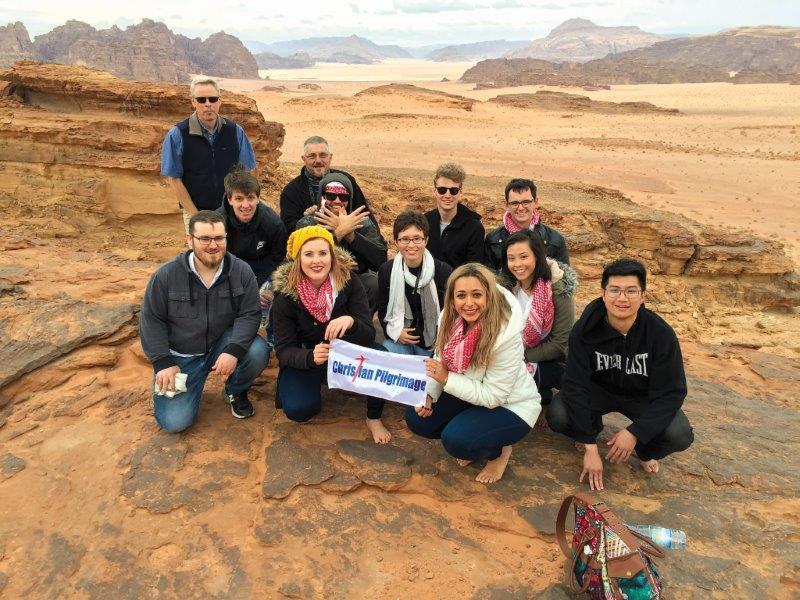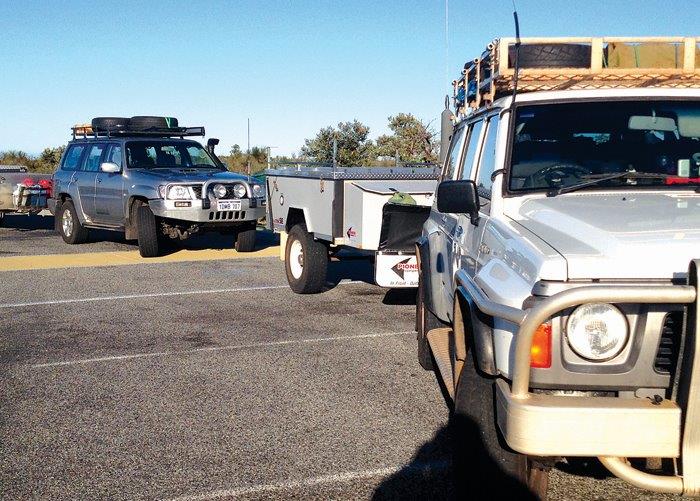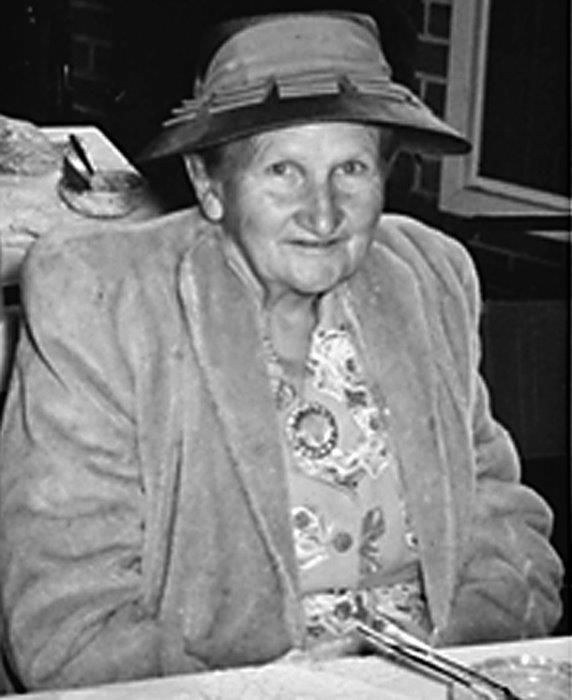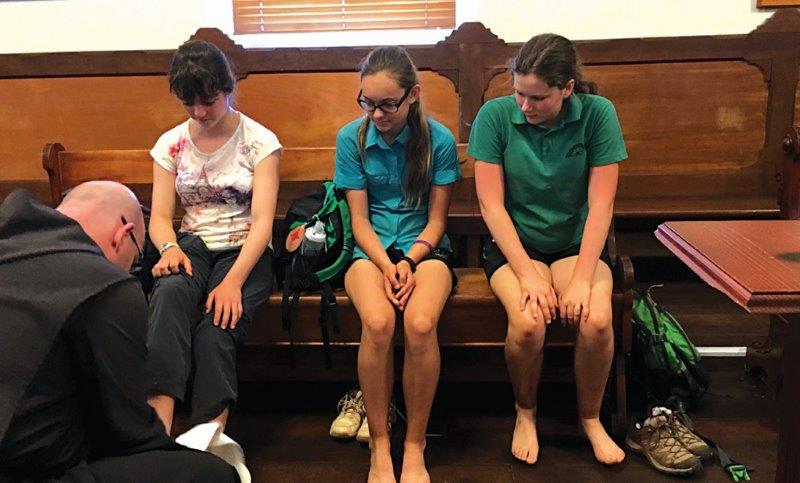During Advent, a group of young adult Christians from Perth became pilgrims in the holy land. A month after their return, they gathered to reunite, filling the room with reflection and laughter as they shared stories, experiences, memories and photos from the trip.
The pilgrimage was led by Rev Dr Ian Robinson, chaplain at the University of Western Australia, and a group of volunteers, and was organised in partnership with Christian Pilgrimage – a Perth based organisation offering Christian pilgrimages in the holy land throughout the year.
The young adults, from a range of churches around Perth, including Carey Baptist Church, Nedlands Uniting Church and Uniting Church in the City, visited a range of ancient and holy sites as well as experiencing life in modern Middle Eastern cities such as Amman in Jordan and Israel’s Jerusalem. They visited churches covered in ancient mosaics, also spending time at a mosaic workshop, learning about a program which gave employment opportunities to people who may not otherwise be able to find employment. They explored the ancient city of Petra, walking around and inside houses painstakingly carved into rocks thousands of years ago, and went four-wheel driving through the Jordanian desert.




